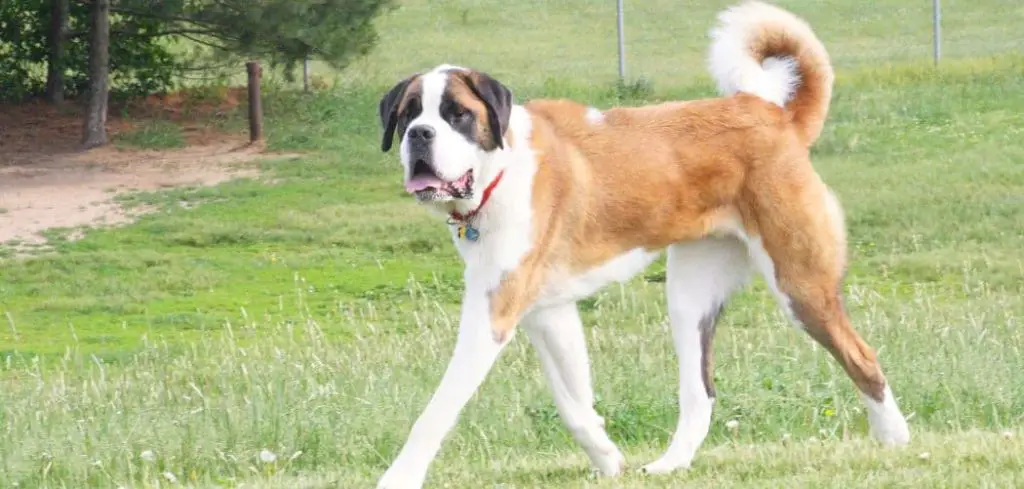Watching your old dog lose weight can be alarming and concerning. Unexplained slimming in a senior dog may indicate underlying health issues that require attention and care.
We outline the common causes of weight loss in old dogs, what you can do at home, and when to seek veterinary help.
Old Dog Getting Skinny — Why It Happens
Unintentional weight loss in old dogs is often linked to medical, nutritional, or behavioral factors. Aging can affect metabolism, appetite, and nutrient absorption. Health issues such as dental problems, kidney disease, or digestive disorders may contribute, while chronic infections or cancer can also be responsible.
Identifying the underlying cause early allows for timely intervention and helps maintain your dog’s overall health and quality of life.

Old Dog Getting Skinny: Common Causes
Dental Problems
Dental disease is common in older dogs and can make chewing painful, causing them to eat less.
Signs include bad breath, drooling, reluctance to eat, and visible tartar or inflamed gums.
Dental discomfort can lead to progressive weight loss if left untreated, as your dog may avoid eating regular meals.
Read more: Old Dog Peeing Blood (Here’s Why)
Digestive Disorders
Gastrointestinal issues such as inflammatory bowel disease, pancreatitis, or chronic diarrhea can prevent your dog from absorbing nutrients properly.
Symptoms include vomiting, diarrhea, gas, or changes in stool.
Nutrient malabsorption results in gradual slimming and can compromise overall health if untreated.
Kidney Disease
Chronic kidney disease affects many older dogs and often leads to weight loss and decreased appetite.
You may notice increased thirst, frequent urination, and lethargy alongside slimming.
Kidney disease can progress silently, so early diagnosis and management are critical to maintaining your dog’s wellbeing.
Cancer
Cancer can lead to significant weight loss in senior dogs, sometimes without other obvious symptoms initially.
Signs might include lumps, unexplained bleeding, fatigue, or loss of appetite. Because cancer can silently progress, prompt veterinary assessment is essential when an old dog is getting skinny.
Diabetes
Diabetes in older dogs can cause weight loss even if appetite remains normal.
Other signs include increased thirst, frequent urination, and lethargy. Weight loss due to diabetes occurs as the body cannot utilize glucose properly, making veterinary management crucial to prevent complications.
Poor Nutrition
Sometimes, weight loss is simply a result of inadequate diet or difficulty accessing sufficient calories.
Older dogs may require more calorie-dense food or specially formulated diets to maintain healthy weight. Monitoring feeding habits and adjusting diet appropriately can prevent unnecessary slimming.
What to Do If Your Old Dog Is Getting Skinny
Monitor your dog’s weight regularly and note any sudden or continuous loss.
Ensure your dog receives a balanced, nutrient-rich diet suited for senior dogs, possibly with veterinary guidance.
Encourage small, frequent meals if appetite is low, and make food more palatable with warm water or broth.
Keep your dog’s environment stress-free and comfortable, as anxiety or changes in routine can affect eating habits.
Track any additional symptoms such as vomiting, diarrhea, or behavioral changes and share them with your veterinarian for a more accurate diagnosis.
When to Call or Visit Your Vet
Seek veterinary attention immediately if your old dog:
- Loses weight rapidly or without explanation.
- Shows persistent vomiting, diarrhea, or decreased appetite.
- Appears lethargic, weak, or shows signs of pain or discomfort.
- Has lumps, bleeding, or other unusual physical changes.
Early veterinary intervention is critical to diagnose and manage the underlying cause of weight loss, whether it’s disease, dental issues, or nutritional deficiency.
Read more: Old Dog Always Hungry (Here’s Why)
Key Takeaway
An old dog getting skinny is often a sign of underlying health concerns ranging from dental disease to chronic illness. Prompt observation, nutritional adjustments, and veterinary evaluation are essential to identify and address the cause.
Providing balanced meals, monitoring weight, and maintaining a comfortable, low-stress environment can help your senior dog maintain a healthy weight and quality of life.
Early intervention ensures your beloved companion stays happy, healthy, and well-nourished in their golden years.
